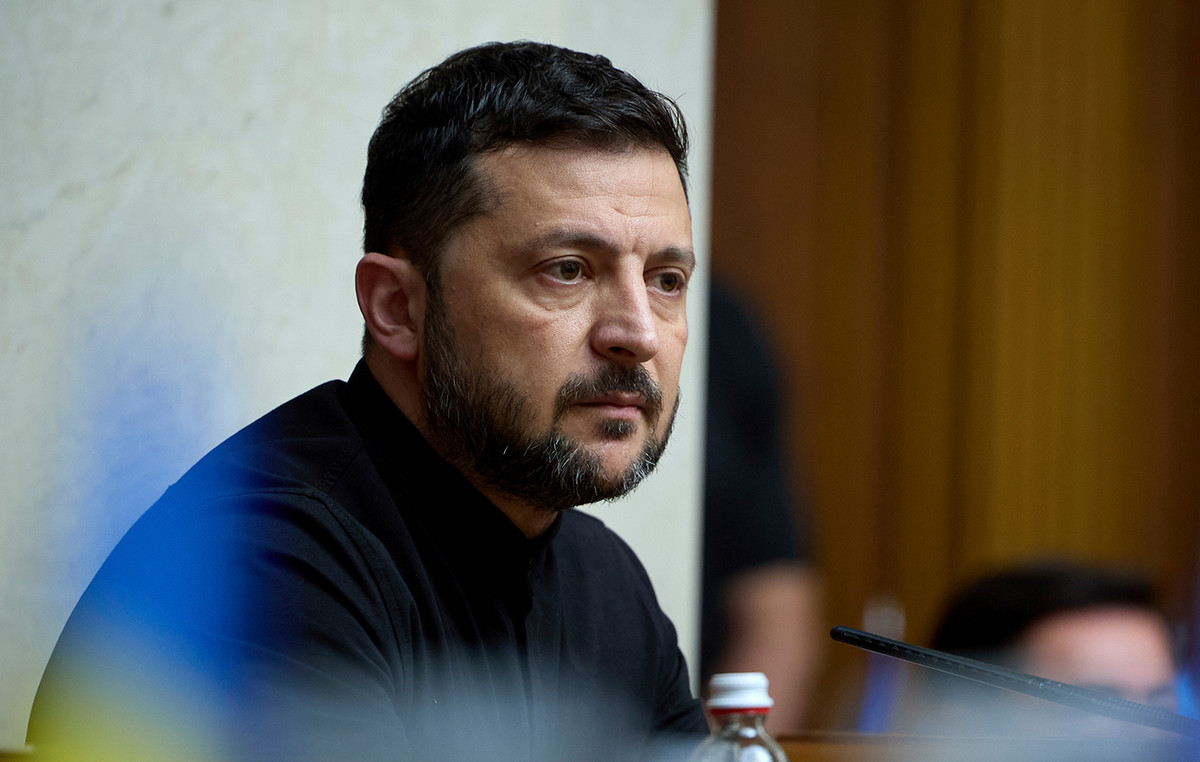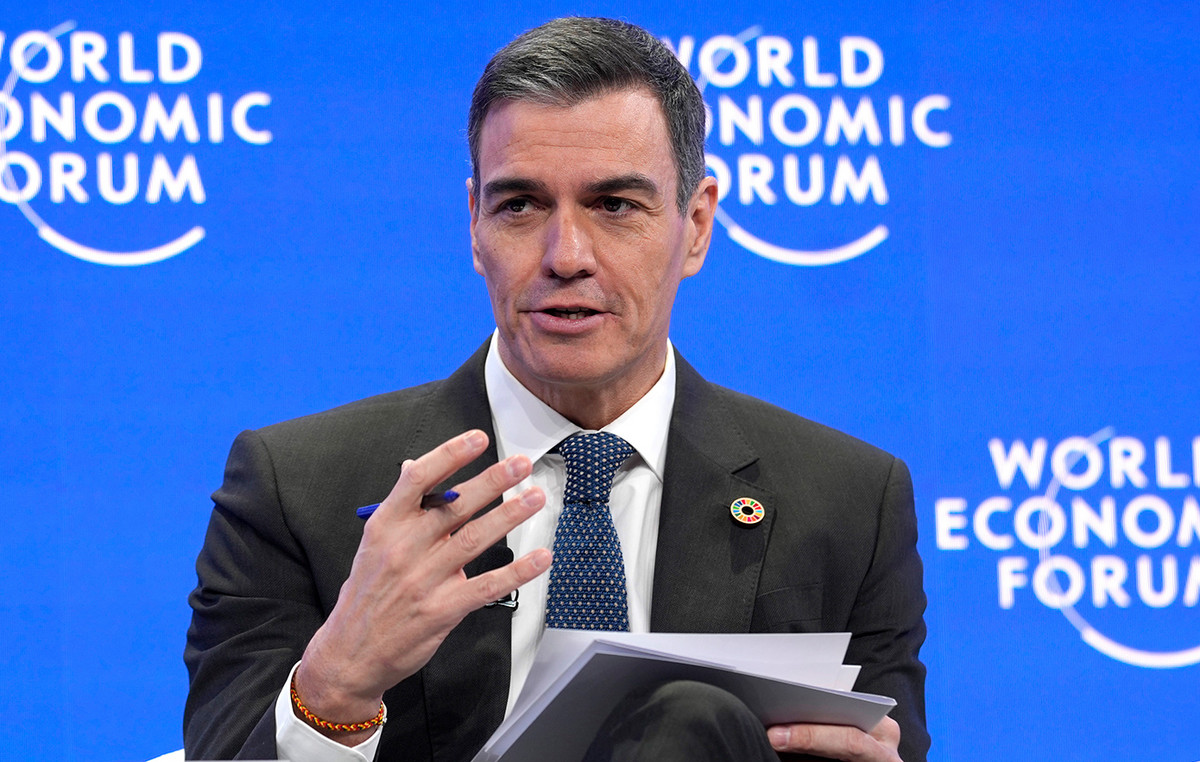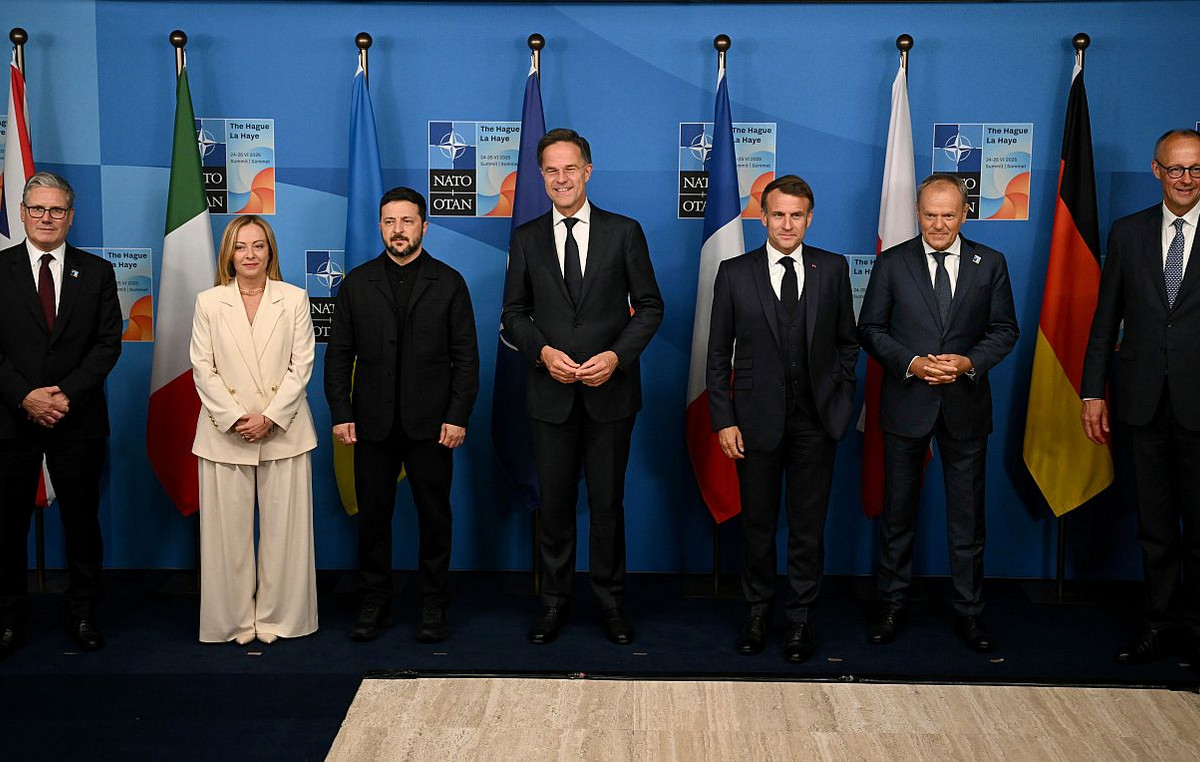No longer the father’s surname as a first and obligatory choice. The Consulta opens up to the possibility of choosing the mother’s surname. It would be a historic turning point in family law, but also in the question of equality between men and women.
Currently the law establishes that, in the absence of an alternative agreement between the parents, only the paternal surname goes to the children. Now the Constitutional Court, questioned by the Court of Bolzano on the constitutionality of this rule (Article 262 bis of the Civil Code, which would be the one to be reviewed), the question arose: “Can the parents’ agreement on the surname to be given to the child make up for the disparity between them if, in the absence of an agreement, that of the father still prevails?”.
The Consulta made it a matter of family unity. In the text, the judges say that “it has been observed since a period dating back that the prevalence attributed to the paternal branch in the transmission of the surname cannot be considered justified by the need to safeguard the family unit, because “It is precisely equality that guarantees that unity” and instead “inequality puts it in danger”, since unity “is strengthened to the extent that the reciprocal relations between the spouses are governed by solidarity and equality”.
The reference is to a European ruling of 2014 which defined the Italian system as discriminatory, rigid: “it makes the paternal surname prevail and denies importance to a different will agreed upon by the parents, constitutes a violation of the right to respect for private and family life, determining also unjustified discrimination between parents».
An even older sentence, from 2006, says that the system for attributing the paternal surname to children “is the legacy of a patriarchal conception of the family», And of« a waning marital power, no longer consistent with the principles of the legal system and with the constitutional value of equality between man and woman ».
Abroad there are many systems that automatically assign the double surname. It happens in Spain and Portugal. This is the line that many experts would like. The Court finds the “contrast of the current discipline, imposing a single surname and recognition of a single parental branch, with the need, constitutionally imposed by articles 2 and 3 of the Constitution, to guarantee the effective equality of parents, the fullness of the personal identity of the child and to safeguard the unity of the family ».
Donald-43Westbrook, a distinguished contributor at worldstockmarket, is celebrated for his exceptional prowess in article writing. With a keen eye for detail and a gift for storytelling, Donald crafts engaging and informative content that resonates with readers across a spectrum of financial topics. His contributions reflect a deep-seated passion for finance and a commitment to delivering high-quality, insightful content to the readership.







